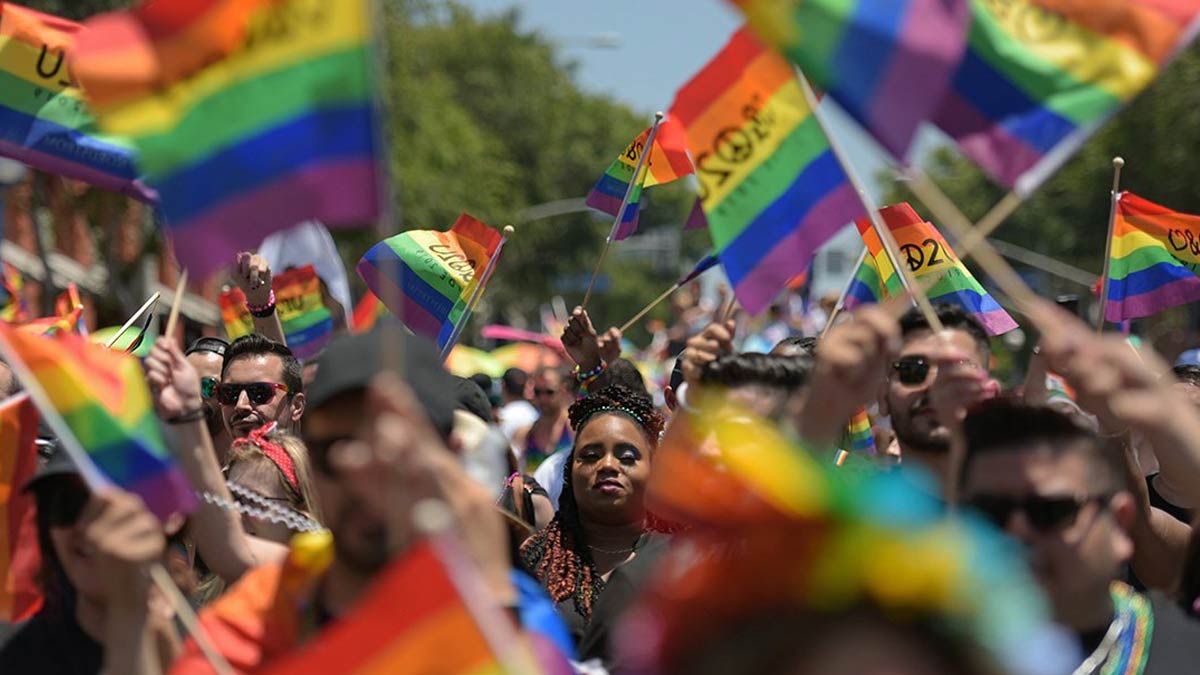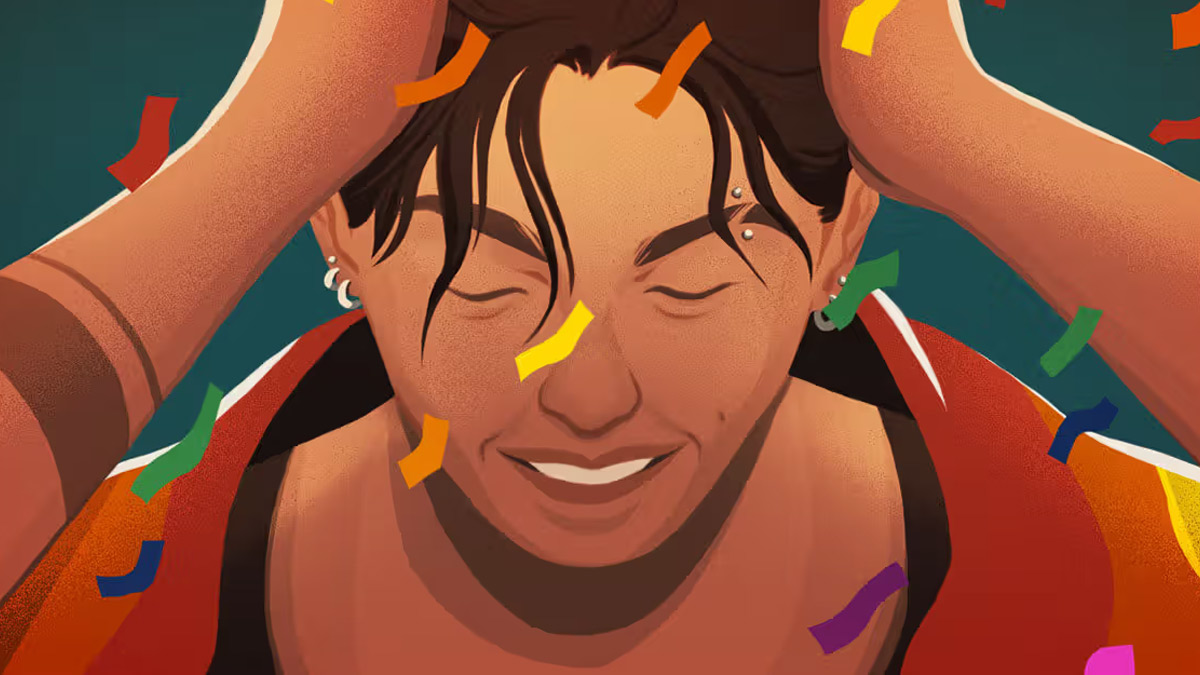
The Indian LGBTQ+ community constantly battles these deeply ingrained societal prejudices and discrimination that puts a huge burden on their mental health and well-being. There are still many challenges, despite progressive legislation and the change in societal outlook, which acts as a significant barrier to the community's well-being and happiness.
Table of Content:-
Unrelenting Prejudice and Discrimination
Negative attitudes towards homosexuality are still present in Indian society, despite advances in legal and social aspects. Prejudice and discrimination against the LGBTQ+ population are still rampant. These eventually lead to deep-seated mental and physical health adversities for the community. Obtaining a support network is limited, which heightens problems and leaves the affected people in a state of isolation and suffering.

Impacts on LGBTQ+ Youth
LGBTQ+ youth are faced with a greater number of obstacles, especially within educational institutions, where discrimination and animosity still persist. The constant fight against the world and the discrimination that is projected leads to a toll on the mental well-being of the person, causing feelings of low self-worth and depression. This, in medical terminology, is known as ‘minority stress,’ which actually multiplies the problems of LGBTQ+ youth.
Also Read: Health Ministry Records 56 Confirmed Deaths From Heat Stroke In India; Symptoms Of Heat Stroke
Disturbing Statistics
Data indicates high rates of mental health issues among LGBTQ+ youth. Almost a third of them face suicidal ideations and self-harm, along with generalized anxiety disorder. Regretfully, one in three LGBTQ+ youth faces physical threats and homelessness, which clearly points towards immediate social intervention and support networks.
The Path to Redemption
The decriminalization of Section 377 was a historic moment for the LGBTQ+ rights movement in India, and it manifested a resilient and triumphant community. But real progress lies beyond courtroom victories, and the community needs societal acceptance and support. It is important that every individual, community, and institution actively initiates and participates in the process of rights allocation for the LGBTQ+ community and an environment of all-encompassing equality and harmony.
Also Read: PM Narendra Modi Completes His 45-Hour-Long Meditation; Benefits Of Meditation You Should Know
Interventions for Mental Health
Systemic Changes: The Need of the Hour
A responsive solution to mental health inequity within the LGBTQ+ community requires systemic change throughout all areas of society. Educational institutions should be made safe for LGBTQ+ students by developing inclusive social justice and equity programs. Similarly, workplaces should come up with policies that protect the rights of LGBTQ+ individuals and promote a culture of respect and support.
Available Support Services
As much as there has been good progress in urban areas, rural communities have very little in terms of resources that are friendly to LGBTQ+ people and mental health services. Support networks should be increased, and mental health care destigmatized for the LGBTQ+ community. Government programs should focus most on funding LGBTQ+ mental health programs and set up safe spaces where members of the community can go to get help without judgment and discrimination.
Bottomline
As a country and as people, we have a collective responsibility to fight stigma and discrimination against the LGBTQ+ community. It is the responsibility of all of us to fight for equality, dignity, and compassion for all people who identify as LGBTQ+ and to create a world where everyone can reach their full potential without fear of being discriminated against or treated with prejudice. Affirmative treatment models and community-based counseling programs should be at the forefront of mental health challenges and the promotion of welfare. Together, let us strive to create a world where love, respect, and understanding triumph, opening the way for a healthier, happier LGBTQ+ community and a more harmonious world for all future generations.
Also watch this video
How we keep this article up to date:
We work with experts and keep a close eye on the latest in health and wellness. Whenever there is a new research or helpful information, we update our articles with accurate and useful advice.
Current Version
